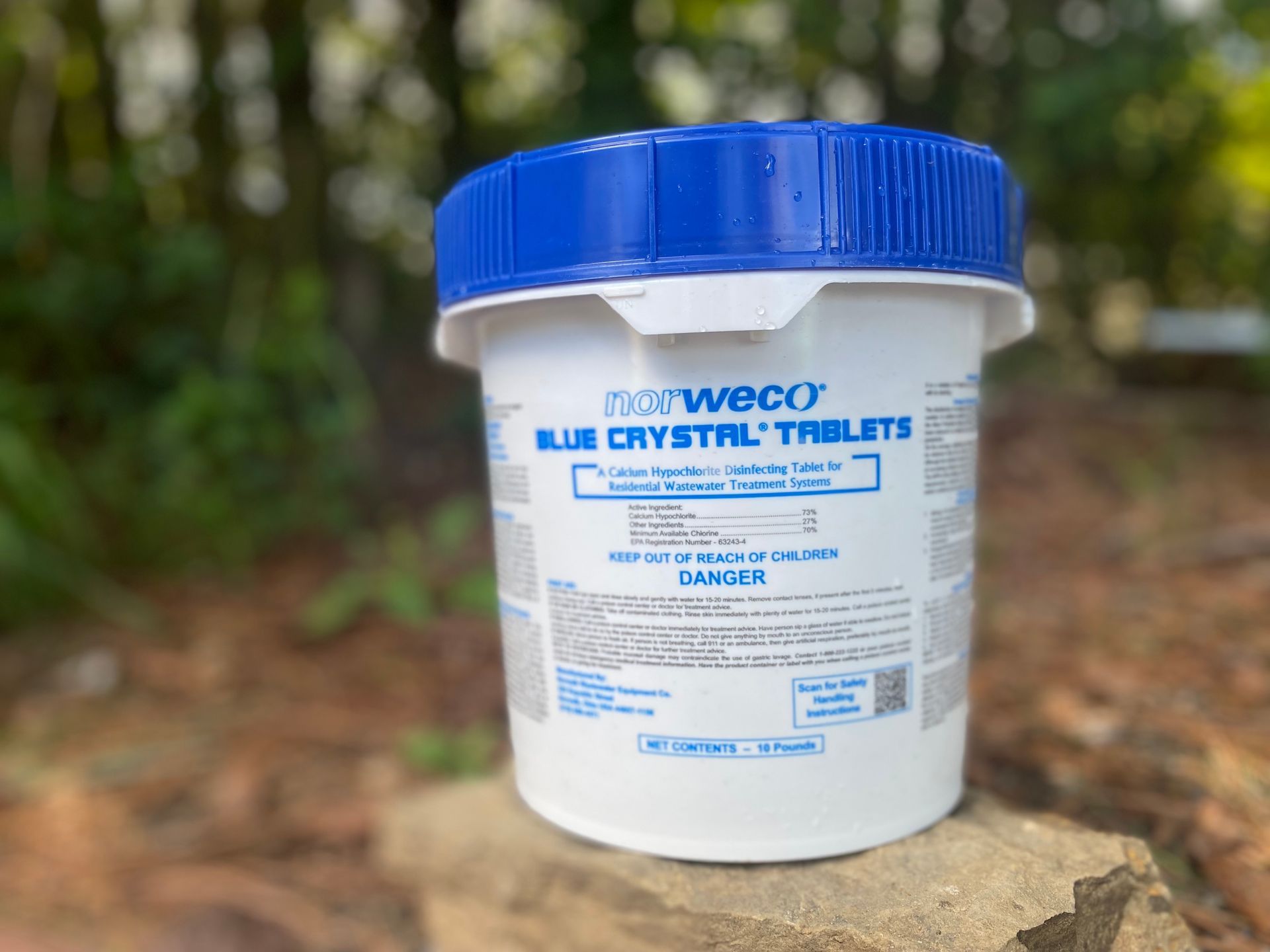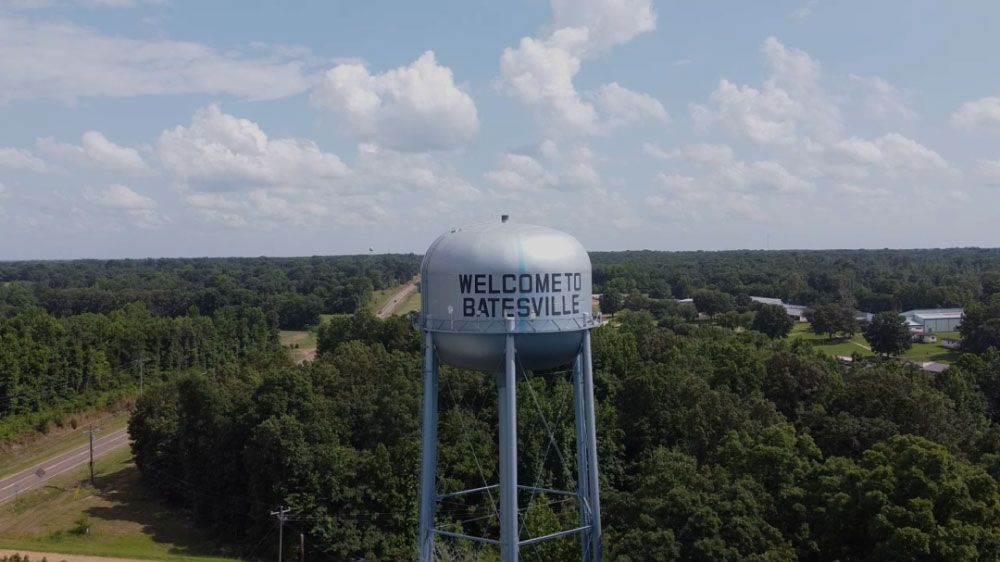
Common questions and answers about your utilities and septic system in Oxford, MS
Frequently Asked Questions
-
What utilities are available in Oxford, MS?
Oxford, MS provides its residents with a range of essential utilities, including water, sewer, gas, and electric services. The City of Oxford is responsible for providing water and sewer services to residents, while natural gas is provided by CenterPoint Energy. Electrical service is provided by North East Mississippi Electric Power Association (NEMEPA) and Entergy Mississippi. Cable and internet services are available through various providers, including Comcast/Xfinity, AT&T, and C-Spire. Additionally, some residents in Oxford may use propane gas as an alternative energy source. Overall, Oxford residents have access to all the essential utilities needed to maintain comfortable and functional homes. GreenPro is here for your turn-key utilities installtion for your commercial or residential property. Call us today!
-
How do I set up utility services for my property in Oxford, MS?
To set up utility services for your property in Oxford, MS, you will need to contact the appropriate service providers for each utility. There are many permits and different providers. GreenPro takes the hastle out of the utility installation process by offering complete start-to-finish effortless utility installation.
However, if youre considering doing it yourself, here are some key contacts:
The City of Oxford is responsible for providing water and sewer services, so you will need to contact the City of Oxford Water Department to set up water and sewer services. You can reach the Water Department at (662) 232-2373.
For electrical service, you will need to contact North East Mississippi Electric Power Association (NEMEPA) at (662) 234-6331 or Entergy Mississippi at 1-800-ENTERGY (1-800-368-3749), depending on your location within Oxford.
If you need natural gas service, you will need to contact CenterPoint Energy at 1-888-876-5786 to set up an account.
For cable and internet services, there are various providers available in Oxford, including Comcast/Xfinity, AT&T, and C-Spire. You can contact these providers directly to set up services.
When setting up utility services, be sure to have the following information available: your name and contact information, the address of the property where the services will be provided, the date you need the services to start, and any necessary identification or proof of residency. Additionally, be sure to ask about any necessary deposits, fees, or other requirements for setting up utility services in Oxford.
-
What is a septic system, and how does it work?
A septic system is a self-contained wastewater treatment system commonly used in rural and suburban areas where municipal sewer systems are not available. The system is made up of a septic tank and a drain field.
The septic tank is a watertight container made of concrete, fiberglass, or plastic that collects and stores the wastewater from the home. The tank is typically buried underground and is connected to the home's plumbing system via a series of pipes.
Once the wastewater enters the septic tank, it is separated into three layers. The top layer is called scum, which consists of oils and fats that float to the top. The middle layer is called effluent, which is the liquid wastewater that contains small particles of solid waste. The bottom layer is called sludge, which is the heavy solid waste that sinks to the bottom of the tank.
As new wastewater enters the tank, the effluent layer flows out of the tank and into the drain field. The drain field is made up of a series of perforated pipes buried underground in a bed of gravel. The effluent from the septic tank flows into the drain field and is absorbed into the surrounding soil. The soil acts as a natural filter, removing harmful bacteria and other contaminants from the wastewater before it enters the groundwater.
Over time, the sludge layer in the septic tank will build up and must be pumped out by a professional septic system service provider. Regular maintenance and pumping of the septic tank are essential to keep the system functioning properly and to prevent costly repairs or replacements.
Overall, a septic system provides an efficient and cost-effective way to treat and dispose of wastewater in areas where municipal sewer systems are not available.
GreenPro in Oxford, MS is your go-to source for all things utility and sewer system related. We believe in offering people great efficent service at an affordable price. Call us today!
-
What is a septic system?
A septic system is a small-scale sewage treatment system used for properties that are not connected to a centralized sewer system. It typically consists of a septic tank and a drain field.
-
How does a septic system work?
A septic system works by separating and treating wastewater from the property's plumbing system. Wastewater flows from the house into the septic tank, where it is held and broken down by natural bacteria. The liquid effluent then flows into the drain field where it is further treated and filtered before being released into the ground. It is very important to have your septic system serviced regularly to prevent any issues, odors, or back-ups.
-
How often should a septic system be pumped?
Usually, a septic system should be pumped every three to five years to remove accumulated solids and prevent the tank from overflowing or backing up into the house.
-
What should not be flushed down the toilet in a home with a septic system?
Items that should not be flushed down the toilet in a home with a septic system include sanitary napkins, tampons, baby wipes, dental floss, cigarette butts, and other non-biodegradable items.
-
What processes are involved in sewage treatment?
The sewage treatment process typically involves several stages, including preliminary treatment, primary treatment, secondary treatment, and disinfection.
-
How do you install a septic system and how long does it take?
Installing a septic system involves several steps and can take anywhere from a few days to several weeks, depending on the complexity of the system and the site conditions. Here are the basic steps involved in installing a septic system:
Site evaluation: The first step in installing a septic system is to evaluate the site to determine the soil conditions, the water table level, and the location of any wells or other water sources.
Design and permit: Once the site evaluation is complete, a septic system design is created based on the site conditions and the needs of the property. The design must be approved by the local health department and a permit obtained before installation can begin.
Excavation: The installation process begins with excavation of the site, which involves digging a hole for the septic tank and drain field.
Installation of the septic tank: The septic tank is then installed in the excavated hole and connected to the plumbing system of the property.
Installation of the drain field: The drain field is installed around the septic tank, and consists of a series of perforated pipes buried in gravel and surrounded by soil.
Backfilling and grading: Once the septic tank and drain field are in place, the excavation area is backfilled and the site is graded to ensure proper drainage away from the system.
Inspection and testing: The final step in installing a septic system is to have it inspected and tested by the local health department to ensure that it meets all necessary standards and is functioning properly.
The time it takes to install a septic system can vary depending on the complexity of the system and the site conditions, but typically ranges from a few days to several weeks. Factors that can affect the installation time include the size and type of septic system, the amount of excavation required, and the weather conditions during installation. It is important to work with an experienced septic system installer like GreenPro in Oxford, MS and follow all local regulations and requirements to ensure a safe and effective installation.
-
What are some common problems with septic systems?
There are several common problems that can occur with septic systems. Here are a few of the most common issues:
Clogged pipes: Over time, solids can accumulate in the pipes leading to and from the septic tank, causing them to become clogged. This can lead to backups and slow drainage.
Tank overflow: If the septic tank becomes too full, it can overflow and cause sewage to back up into the home or onto the property.
Drain field failure: The drain field is the area of the property where the treated wastewater from the septic tank is dispersed into the soil. Over time, the drain field can become clogged with solids and not function properly, leading to backups and sewage surfacing on the property.
Damage to tank or pipes: Physical damage to the septic tank or pipes can occur due to shifting soil or other environmental factors, leading to leaks or other issues.
Tree roots: Tree roots can grow into the pipes leading to and from the septic tank, causing blockages and damage.
Improper maintenance: If a septic system is not properly maintained, problems can occur more frequently. It is important to have the tank pumped regularly and to avoid putting certain materials down the drain, such as grease, oils, and non-biodegradable items.
If you suspect that your septic system is not functioning properly, it is important to contact a professional septic system contractor such as GreenPro in Oxford, MS for an evaluation and repair.



Understanding Septic Tank Systems: Installation, Maintenance, and Cost Considerations in Mississippi
Serving all of North Mississippi
181 MS-6, Oxford, MS 38655,
United States of America
- Mon - Sun
- Open 24 Hours
How Can We Help?
We will get back to you as soon as possible.
Please try again later.
All Rights Reserved | GreenPro | Privacy Policy